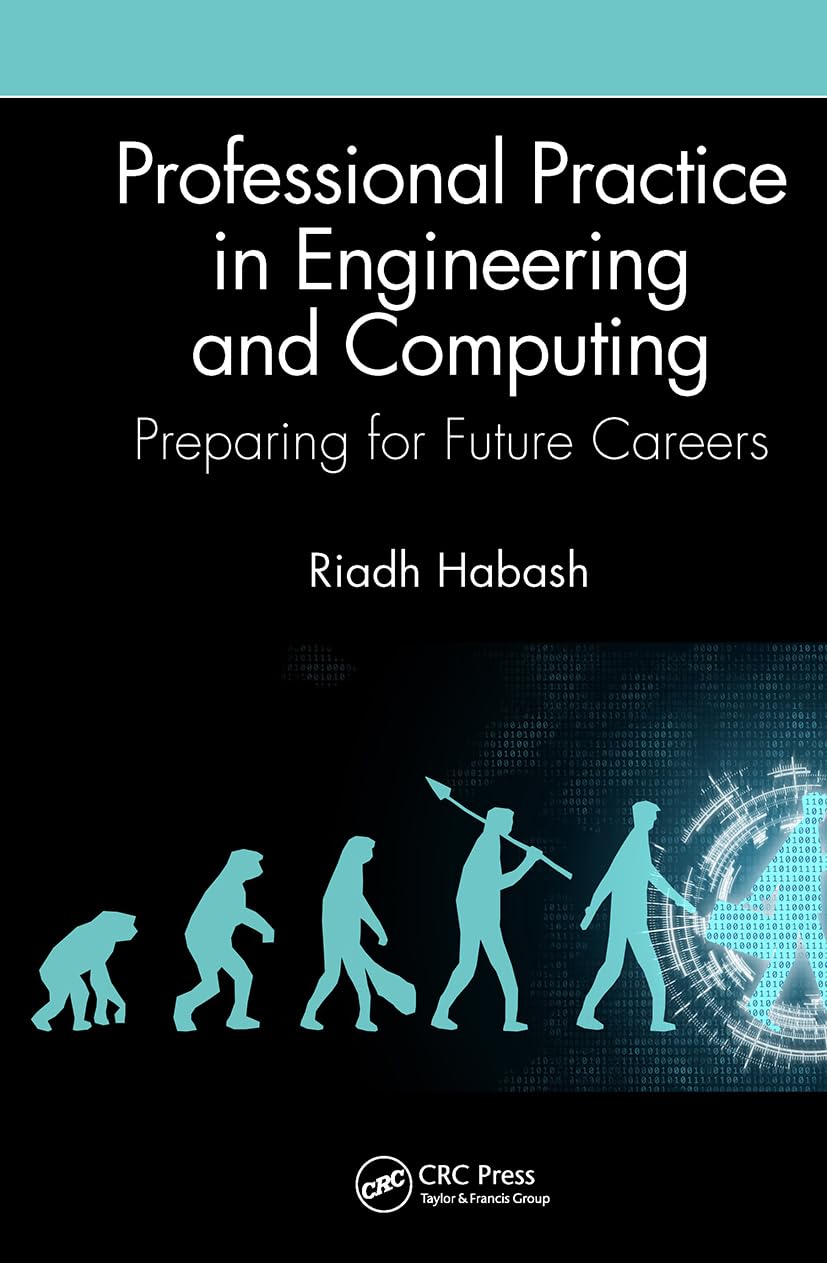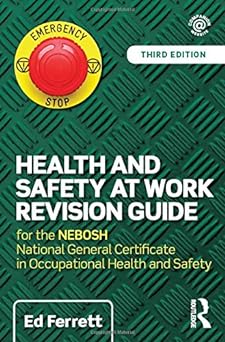Professional Practice in Engineering and Computing: Preparing for Future Careers
£42.70
This book has been developed with an intellectual framework to focus on the challenges and specific qualities applicable to graduates on the threshold of their careers. Young professionals have to establish their competence in complying with multifaceted sets of ethical, environmental, social, and technological parameters. This competence has a vital impact on the curricula of higher education programs, because professional bodies today rely on accredited degrees as the main route for membership.
Consequently, this four-part book makes a suitable resource for a two-semester undergraduate course in professional practice and career development in universities and colleges. With its comprehensive coverage of a large variety of topics, each part of the book can be used as a reference for other related courses where sustainability, leadership, systems thinking and professional practice are evident and increasingly visible.
Features
- Identifies the values that are unique to the engineering and computing professions, and promotes a general understanding of what it means to be a member of a profession
- Explains how ethical and legal considerations play a role in engineering practice
- Discusses the importance of professional communication and reflective practice to a range of audiences
- Presents the practices of leadership, innovation, entrepreneurship, safety and sustainability in engineering design
- Analyzes and discusses the contemporary practices of project management, artificial intelligence, and professional career development.
Read more
Additional information
| Publisher | 1st edition (2 Oct. 2023), CRC Press |
|---|---|
| Language | English |
| Paperback | 452 pages |
| ISBN-10 | 1032653906 |
| ISBN-13 | 978-1032653907 |










by nickp
i was directed to read this book as part of a professional practice module for a software engineering MSc. i understand that this means i am not part of the book’s target audience, for which i thank my course tutor.
the initial problem is that it is badly written. many of the sentences are long lists of “things”, eg:
“Engineering as a broad discipline, practice and profession has a major role in the implementation of materials, components, machines, structures, systems and process, and organizations for well-defined purposes”. it seems almost as if there is a word count target that must be reached. some of the sentences peter out into these lists, with no obvious point.
The author uses obscure words, such as “evolvement”; for an undergraduate audience of engineers, this misses the purpose of a book, which is to communicate, not confuse.
the author uses quotes clumsily – for instance, section 1.5 starts with a quote from an Alec Berg anecdote, apropos of not much at all.
the diagrams add nothing at all for comprehension or clarity.
this could all be solved by strong editing, which appears not to have happened, and is all forgivable; indeed, if this was the only problem, i wouldn’t have bothered to review the book. they mask a deeper issue, however;
there is very little content.
when i finished reading the chapters i was obliged to cover, i was struck by how very little i had learned that either i didn’t know already, or didn’t need to know. now, maybe that is because i am not an undergraduate, but there are curious omissions – the section on reflective practice doesn’t mention Argyris, for instance. There are also curious inclusions, as well. Chapter 12 appears to suggest selling stuff on Etsy as a reasonable career choice for a professional. i am unconvinced.
a final, but representative, quote to help you make your mind up. if you fancy 400 pages of this, for £66, knock yourselves out:
“Today, with the advances in mobile technology, employees can work from anywhere, anytime, and on any device”